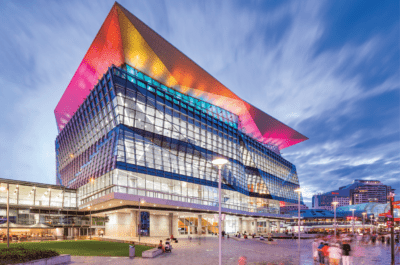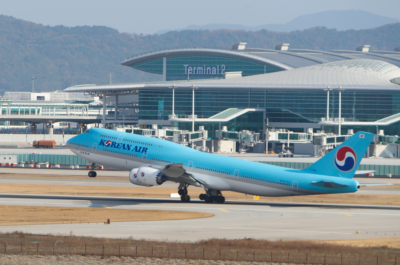…
One of the most important developments for the European travel industry in 2006 happens in May – but it has nothing to do with tourist boards, airlines, cruise lines or any other part of the industry.
It is the global release of the film The Da Vinci Code, based on the best selling novel about the search for the truth about Christianity. Starring Tom Hanks and Audrey Tautou of Amelie fame, it is bound to be one of the top selling films of the year.
But why is it important to tourism? Simply because a growing number of people base their holidays on places they have seen in films and TV series, with some destinations even re-branding themselves based on their exposure on the big screen.
Travel exhibitions have realised the potential of film tourism, and a presentation was given at the British Travel Trade Fair in Birmingham in March. VisitBritain’s head of campaigns, Seren Welch, said one in five overseas visitors was motivated by something they had seen in the cinema.
“Our focus over the next few months will be on The Da Vinci Code, with our partner Eurostar,” she said. “It is all about a journey from Paris to London to Edinburgh, to seek the truth.”
Britain and many other countries have already gained enormous worldwide exposure through feature films – and the only direct costs are making places and facilities available to film makers. The Harry Potter films, Bridget Jones, Notting Hill and Braveheart – which is set in Scotland – are just a few of the films that have sent international visitors flocking to Britain.
At the same presentation, Martin Evans, director of UK consultancy The Tourism Business, drew attention to many countries that have benefited enormously from their role as film locations.
“A really successful film can boost tourism by 50% over a four- to five-year period,” said Evans. “We should target set-jetters. You’ve seen the movie – now visit the set.”
New Zealand’s Pure New Zealand marketing campaign had been boosted by the Lord of the Rings and the Narnia Chronicles, which showcased its splendid scenery to good effect.
France had benefited from Amelie and Last Tango in Paris, Australia from Crocodile Dundee, and Japan from Lost in Translation and Memoirs of a Geisha.
VisitBritain has produced a series of Movie Maps to show visitors exactly where films have been made, including TV series such as Inspector Morse – based in Oxford. Even if a film was not actually made in the country where it is supposed to be, it can bring huge benefits.
A major new film to be released in the next couple of years is Wuthering Heights, based on an Emily Bronte novel and set in Yorkshire, northern England. The filming venue has yet to be confirmed.
Fiona Jeffery, ITTFA president and managing director of World Travel Market, felt the presentation on film tourism at BTTF was a pointer for the rest of the exhibition industry.
“The Da Vinci Code will be a massive film and will bring many thousands more tourists to Paris, London and Edinburgh, injecting millions into their local economies,” she says.
“Travel exhibitions have a responsibility to respond to new trends in the global tourism industry, and I would expect more exhibitions to focus on film tourism in their seminar programmes.”























































